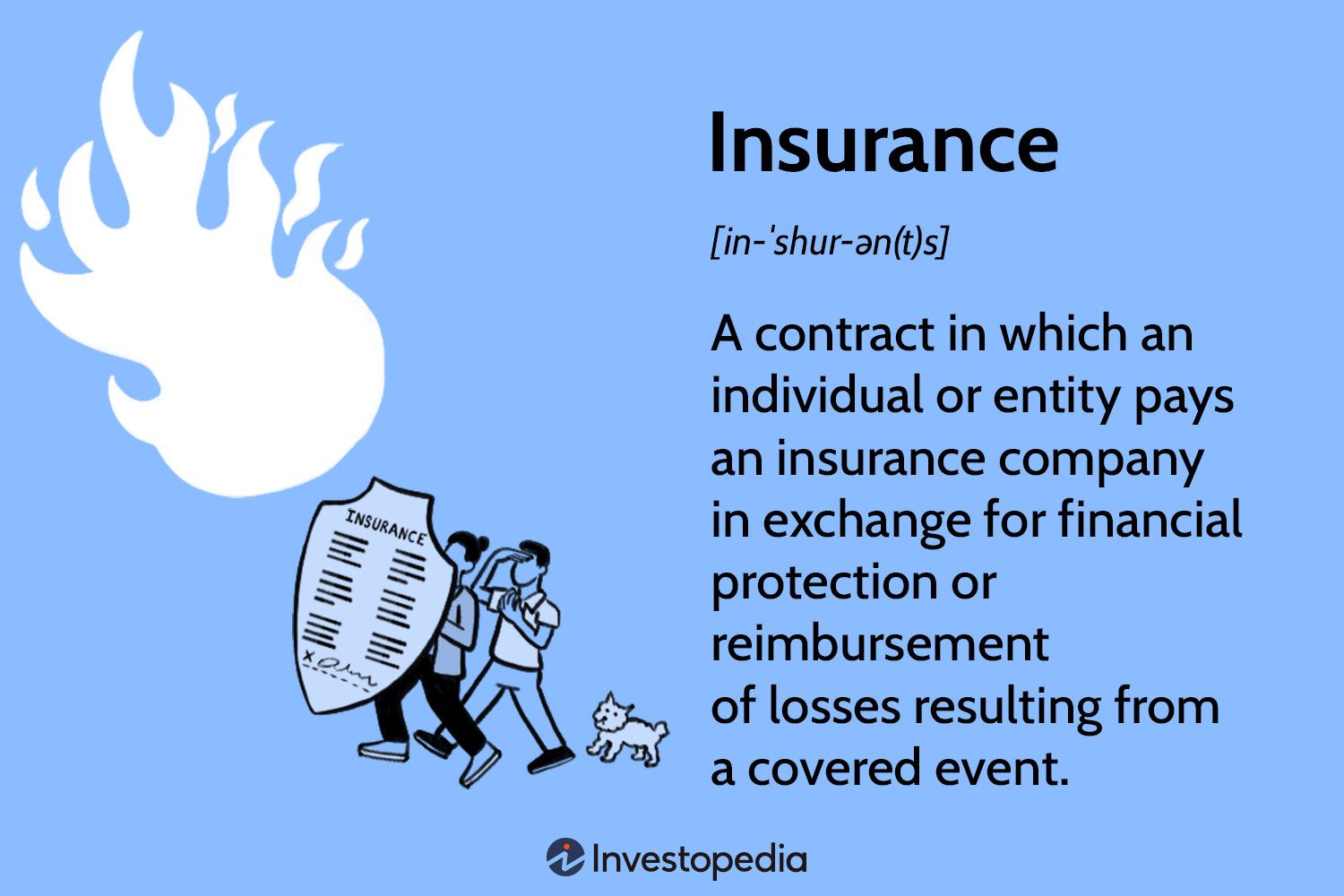Insurance: Safeguarding Your Future
In the ever-evolving landscape of financial security, insurance stands as a steadfast pillar, offering protection and peace of mind to individuals and businesses alike. From the mundane to the extraordinary, insurance shields against life’s uncertainties, providing a safety net when the unexpected strikes. In this comprehensive guide, we delve into the intricacies of insurance, unraveling its complexities, and shedding light on the terminology that underpins this vital aspect of modern life.
What is Insurance?
At its core, insurance is a contract between an individual or entity and an insurance company. This agreement stipulates that in exchange for regular payments, known as premiums, the insurer will provide financial compensation in the event of specified losses. These losses could range from property damage and medical expenses to legal liabilities and even loss of life.
The Importance of Insurance
Insurance plays a pivotal role in mitigating risk and fostering financial stability. Consider a scenario where a homeowner’s property is ravaged by a natural disaster. Without insurance, the financial burden of rebuilding could be overwhelming, potentially leading to bankruptcy or severe financial hardship. However, with the right insurance coverage in place, the homeowner can weather the storm, both figuratively and literally.
Types of Insurance
The insurance landscape encompasses a diverse array of coverage options tailored to address varying needs and circumstances. Some of the most common types of insurance include:
- Life Insurance: Provides a lump sum payment to beneficiaries in the event of the insured individual’s death.
- Health Insurance: Covers medical expenses incurred due to illness or injury, including hospitalization, prescription drugs, and preventive care.
- Auto Insurance: Offers financial protection against damage to vehicles and liability arising from accidents.
- Homeowners Insurance: Safeguards against losses to a home and its contents, including theft, fire, and natural disasters.
- Liability Insurance: Shields individuals and businesses from legal liabilities resulting from negligence or other wrongful acts.
- Property Insurance: Protects real and personal property against damage or loss caused by specified perils.
Insurance Terminology Demystified
Navigating the realm of insurance can be daunting, especially for those unaccustomed to its terminology. Here are some key terms to familiarize yourself with:
- Premium: The amount paid to the insurer in exchange for insurance coverage.
- Deductible: The portion of a claim that the insured individual must pay out of pocket before the insurance company covers the remaining expenses.
- Policy: The legal contract outlining the terms and conditions of insurance coverage.
- Coverage: The extent of protection provided by an insurance policy against specified risks.
- Claim: A formal request made by the insured individual or entity to the insurance company for compensation due to a covered loss.
- Underwriting: The process by which insurers assess the risk associated with providing coverage to a particular individual or entity.
- Beneficiary: The person or entity designated to receive the proceeds of an insurance policy in the event of the insured individual’s death.
- Premium: The amount paid to the insurer in exchange for insurance coverage.
- Exclusion: Specific risks or perils that are not covered by an insurance policy.
- Rider: An additional provision added to an insurance policy to modify or expand its coverage.
The Role of Insurance in Risk Management
Effective risk management is contingent upon identifying, assessing, and mitigating potential risks. Insurance serves as a crucial tool in this process, allowing individuals and businesses to transfer the financial consequences of certain risks to an insurance company. By spreading the risk among a large pool of policyholders, insurers can afford to compensate those who experience losses without causing financial strain.
Challenges and Considerations
While insurance offers invaluable protection, it is not without its challenges and considerations. One common dilemma faced by consumers is the trade-off between coverage and cost. Opting for higher coverage limits and lower deductibles typically results in higher premiums, while choosing lower coverage limits and higher deductibles can lead to lower premiums but increased out-of-pocket expenses in the event of a claim.
Furthermore, the insurance industry is subject to regulatory oversight and market fluctuations, which can impact pricing and availability of coverage. Additionally, certain risks may be difficult or costly to insure, requiring creative solutions or risk mitigation strategies.
Conclusion
In conclusion, insurance plays a fundamental role in safeguarding individuals, businesses, and communities against unforeseen risks. By understanding the principles of insurance and familiarizing oneself with its terminology, individuals can make informed decisions to protect their financial well-being. While insurance cannot prevent adversity, it can provide the necessary support to navigate life’s uncertainties with confidence and resilience. As the adage goes, it’s better to have insurance and not need it than to need it and not have it.
